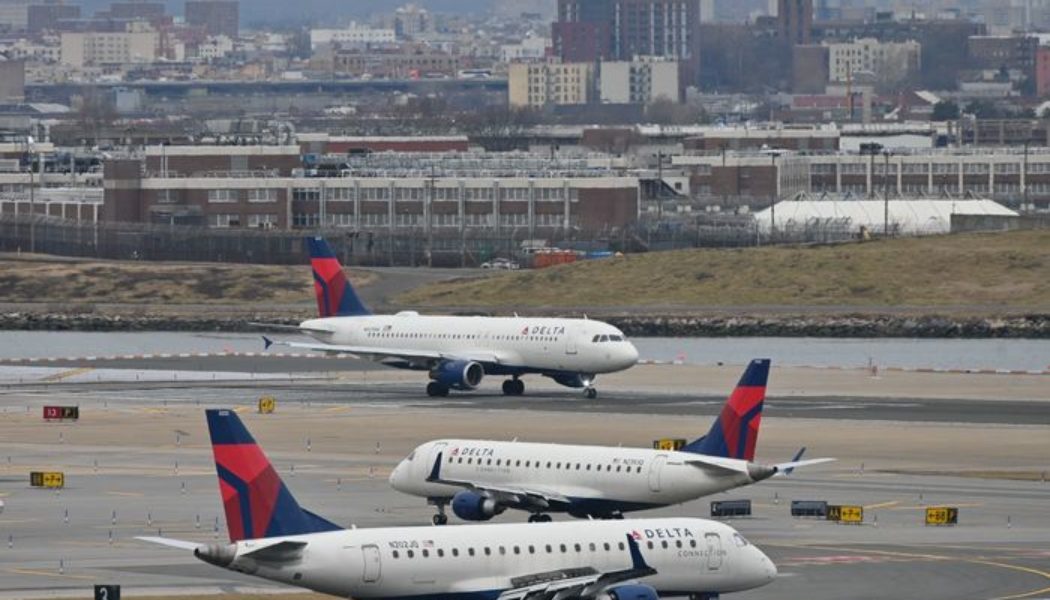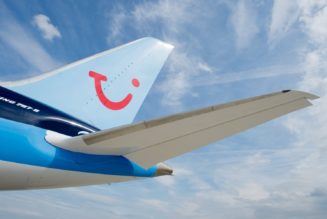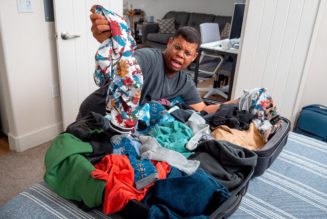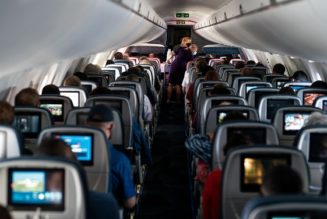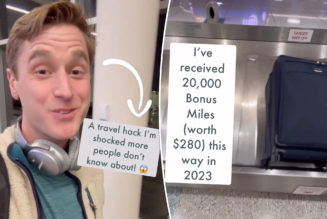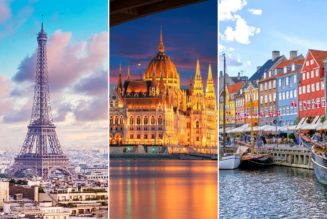Booking a business trip today isn’t as simple as clicking “Buy” on your go-to airline and heading for the airport lounge.
With ticket prices in the stratosphere and concern about the economy high, cost-conscious road warriors are cheating on their favorite airline, loyalty status be damned. Others are flying to alternative airports and renting a car, booking undesirable flights or driving to their destination. Companies are encouraging travelers to cram more meetings into a single trip to get more bang for their buck, or adding more parameters to their travel policies.
Airlines say red-hot travel demand is driving higher prices. The average U.S. round-trip ticket price booked in February was $571, up 23% from a year earlier and 8% from January, according to Airlines Reporting Corp., which processes travel-agency ticket sales.
Jerry Abiog took a convoluted route from Atlanta to Boston for a conference in early March to save money.
The Atlanta executive’s six-hour journey on Southwest Airlines included a stop in Greenville, S.C., and a connection in Baltimore. Delta Air Lines could have gotten him there nonstop in less than half the time, but the tickets he priced were at least $200 more. Mr. Abiog says he could justify the nonstop if the price gap were narrow, but this was too much for his self-funded AI startup.
“That’s the sacrifice you’ve got to make,” he says.
Closer examination
Brandon Strauss, co-founder of Atlanta-based KesselRun Corporate Travel Solutions, says businesses are committed to work travel after the long pandemic pause, but are carefully scrutinizing the value of each trip in part because of higher ticket prices.
“The return on investment has more focus today than I can remember in the 20 years I’ve been doing it,” Mr. Strauss says.
More clients of his travel-management company have added a step to the approval process for business trips, he says. Trips that might have gotten automatic approval in the past now require manual manager approval before ticketing.
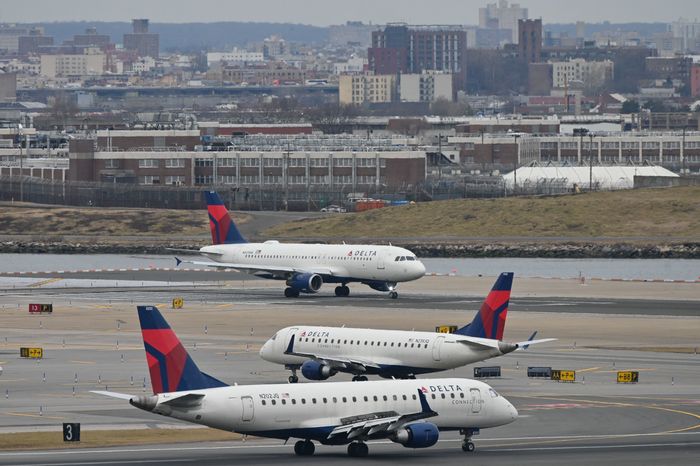
Some companies are limiting one-day business trips, in favor of longer trips with more on the agenda.
Photo: Ed Jones/AFP/Getty Images
George Kalka,
vice president of business travel for Oshkosh, Wis.-based Fox World Travel, says one client recently asked the agency to add airports within a 60-mile radius to search results when employees shop for travel. Others are lowering the maximum amount travelers can spend over the lowest comparable airfare on a route.
Another change: limits on one-day business trips. Mr. Kalka points to a “significant decrease” in such bookings at his agency, in favor of longer trips with more on the agenda. ( JetBlue Airways Chief Executive Robin Hayes last week cited this as a reason the airline plans to reduce hourly flights between Boston and New York.)
“They’re saying if we’re going to buy airfare that’s this high, it’s not going to be a one day in and out, or an overnight” says Mr. Kalka. “They’re saying take the second overnight, see more customers.”
Small and midsize companies and travelers on their own dime are making the most travel-habit tweaks, agencies say.
SHARE YOUR THOUGHTS
How have high airfares affected your business travel? Join the conversation below.
Big businesses often have contracts with airlines that save them 2% to 5% for domestic airfares and as much as 9% to 11% for international airfares, says
Tracie Carillo, a San Antonio-based senior vice president of business development and marketing at Travel Incorporated, a corporate travel-management company in Duluth, Ga. Companies make those deals in exchange for a certain volume of business.
“They have to prove that they still deserve those [prepandemic] discounts,” Ms. Carillo says.
Plus, the most frequent fliers, the salespeople and consultants on the road week-in, week-out, aren’t about to suffer the indignities of an onerous connection, out-of-the-way airport, no-name airline or sitting in the economy cabin, no extra legroom even.
Tighten the travel policy too much and companies risk losing top-producing employees to a competitor in a still-robust labor market, Ms. Carillo and other business-travel executives say.
Extra hoops
Georganne Bender isn’t bound by any corporate contracts and books the travel for the retail consulting business she co-owns. Price is a deciding factor, which is why she and her partner flew from Chicago to St. Louis and drove a rental car 2½ hours to Lebanon, Mo., for a recent client visit.
They paid $442 round trip for two on Southwest Airlines, compared with about $700 a person to fly nonstop on another airline into Springfield, Mo., Ms. Bender says.
That’s not to say she recommends the cost-saving move.
“It’s exhausting,” she says.
Matthew Beyranevand, a math educator, author and speaker from Massachusetts, has status with Delta and hopes to ascend to the next level this year. But he has found his eye wandering to other airlines to save money.
He flew American Airlines from Boston to Charlotte, N.C., to visit a school district earlier this year because American’s nonstop was cheaper than a connecting flight on Delta.
He missed the lounge access that comes with his premium Delta credit card when he flies the airline. Still, he recently booked JetBlue over Delta for a vacation to Fort Lauderdale, Fla., in January 2024 because the round-trip ticket prices were $300 cheaper.
“At some point you have to be like: You know what? Is it really worth it when ultimately all I’m trying to do is travel from one place to the next?” he says.
Delta declined to comment on individual travelers’ decisions but spokesman Morgan Durrant noted that Chief Executive Ed Bastian last week told investors the airline had the 10 highest sale days in its history in the past 30 days.
Write to Dawn Gilbertson at dawn.gilbertson@wsj.com
